St. Catherine Monastery – 225 EGP
Splendours of Egypt by Nile Cruise Trip Notes
General
PrintSoak in all the marvels and wonders of Egypt in this packed 14-day Splendours of Egypt by Nile Cruise tour. Witness the last remaining ancient wonder of the world, the Pyramids. Discover breathtaking ancient temples while you dig deep into history and mythology, and barter your way through chaotic Bazaars.
Duration : 14 Day
Destination : Egypt
Start/Ends in : Cairo / Cairo
Group Size :18-35 People
Age Req. : 18+
Trip Theme : Classic, Overland
Departs : All Year Around
Why you will love this tour
- * Discover the fascinating highlights of Egypt in the comfort of 5-Star Hotels (4-Star in Cairo) and ride along the banks of the Nile.
- * Tag along your expert Egyptologist Guide visiting some of the world’s most impressive historic sites – the Pyramids and Sphinx, Valley of the Kings, Karnak & Luxor Temples and more.
- * Connect with the locals while listening to stories of Nubians and hunting for antique treasures at the chaotic Khan el-Khalili Bazaar.
- * Shape your adventure with options for hot-air ballooning over Luxor, discovering Abu Simbel and camel trekking upon golden sands.
Arrival Details
The group welcome meeting with your guide and other travellers is held around 18:30 at the hotel lobby on Day 1 of your tour, unless otherwise notified.
Meeting Point:
Sonesta Hotel Tower & Casino – CAIRO
3 El Tayaran St, Ash Sharekat, Nasr City, Cairo Governorate 4451043, Egypt
Phone : +20 2 22641111
Emergency Number: +44 (0) 208 099 75 36
Airport Transfers :
All tours starting in Cairo include arrival airport transfer if your flight lands in Cairo on the first day of your tour between 5am and 11:30pm or if you have booked pre-accommodation with us.
For tours ending in Cairo, departure airport transfer is available on the last day of the tour between 05:00 and 17:00, or if you book post-tour accommodation in Cairo through us.
To arrange your airport transfer please email us the following information at least 2 weeks before your departure date: [email protected]
Travel Date, Flight Number, Local Arrival Time, Name/s of the Passengers
Making Your Own Way to the Starting Point
The arrival hotel is located in the pyramids area, 32 km away from the Cairo Airport (CAI). It takes about 40 minutes – 1 hour by taxi depending on the traffic. You can take a taxi from the airport directly to the hotel, which is expected to cost around 350-400 EGP. You can also use Uber as long as you have data access (Please note that taxi numbers are in Arabic so you may have difficulty in finding the vehicle). Another option is to arrange a private transfer via cairoshuttlebus.com, you can visit their desk at the airport, or prebook and pay at the airport. It may be 50-70 EGP more expensive than the other options. We recommend to avoid white cabs as these can be more costly.
Finishing Point
Cairo Airport
Emergency Number: +44 (0) 208 099 75 36
Highlights
Aswan: Sunniest city of Egypt and a popular touristic stop for many cruises. The local market here is an excellent place to do some shopping and to find Egyptian fresh spices.
Cairo: With the Great Pyradmids of Giza, ancient temples, magnificent monuments and the Egyptian Antiquities Museum, Cairo offers and experience of a lifetime.
Edfu: Edfu has the most complete and best-preserved temple in Egypt, the Ptolemaic Temple of Horus, which was constructed between 237 BC and 57 BC.
Giza: The Great Pyramid of Giza is one of the seven wonders of the ancient world and the only one still remaining to this day. An absolute must see.
Komombo: Kom Ombo means “hill of the gold” crowned with Temple of Komombo. The temple is unusual as one side is dedicated to the god Haroesis and the other side to Sobek.
Luxor: A top travel destianation in Egypt with a wealth fo historic monuments and buildings bringing Egypt’s fabled past to life. Luxor is called the world’s greatest open air museum.
Philae Temple: Phliale Temple, a beautiful temple complex is one of the most picturesque in all of Egypt. It sits on Aglika Island just south of the old Aswan Dam.
Unfinished Obelisk: The 42m long obelisk was left unfinished when some cracks appeared, but had this obelisk been completed, it would have been the heaviest, weighing nearly 1100 tons!
Itinerary
We’ve got a free day today. Relax on the sand beaches, or wander around the city and browse through the shops. The choices are endless!
Accommodation : TBC
Meals Included : Breakfast
Have your final breakfast on us and start bidding farewells to your travel mates. Drive to Sharm El-Sheikh Airport and fly to Cairo Airport, where your tour ends. Time to start counting days for your next adventure with Travel Talk!
Meals Included : Breakfast
Inclusions & Exclusions
The tour price covers the following services:
Accomodation : 5 and 4 star hotels
Airport Transfer : Arrival and Departure transfers on first and last day of the trip
Meals : 13 breakfasts, 2 lunches & 3 dinners
Transportation : Air-conditioned modern non-smoking coach or mini-bus
Guide : Services of experienced Travel Talk local guides licenced by the Ministry of Tourism
Sightseeing : Giza Pyramids, Sphinx, Sakkara Pyramid, Philae Temple, Unfinished Obeliks of Aswan, Edfu Temple, Komombo Temple, Luxor Temple, Karnak Temple, Egyptian Museum, Hatshepsut Temple & Colossi of Memnon, Citadel of Saladin, Mohammed Ali Mosque, Hanging Church, Bazaar Khan El- Khalili, Sharm El Sheikh
What is NOT included in the tour price?
- Any flights not mentioned above
- Travel insurance
- Meals not stated above
- Items of a personal nature
- Tips & gestures
- Entrance fees to the sights and museums
- Optional activities
- Other services not stated in the itinerary
Hotels & Accomodation
Solo travellers will be roomed with another solo traveller of the same gender in a twin or triple room, or can upgrade to a solo room by paying the single supplement. You may choose the solo room option when booking online or contact us to arrange a private room. Your tour leader will allocate rooms upon arrival at the starting hotel in accordance with the rooming lists, last minute changes may not be guaranteed.
SONESTA HOTEL TOWER & CASINO – CAIRO – 5 Star
The luxury design hotel features a SPA & fitness center, an outdoor pool with poolside bar and a selection of restaurants offering delicacies from various cuisines.
TBC – SHARM EL SHEIKH
STEIGENBER HOTEL – LUXOR – 5 Star
This 5 star hotel, located in the heart of Luxor by the Nile River, provides an outdoor pool, fitness centre and sauna. All rooms feature air-conditioning and satellite TV.
TOLIP HOTEL – ASWAN – 5 Star
This 5 star hotel overlooking the river, offers a pool, nightclub and spa centre. Air- conditioned rooms are equipped with a minibar and a satellite TV, also free wif-fi access.
SLEEPER CABIN TRAINS- CAIRO TO ASWAN & LUXOR TO CAIRO
Privacy, a comfortable bed in which to sleep, a fine dinner and excellent service are the hallmarks of Egypt’s sleeper trains. The twin share cabins are equipped with bunk beds.
Distances
Please find below the distances between the sights visited in Egypt and the approximate driving times. We will always strive to take a short break every few hours to enable passengers to stretch their legs, purchase snacks and use wash facilities during long drives.
Aswan – Luxor: 247 kms – 3 hrs
Cairo – Aswan : 982 kms – 12 hrs
Aswan – Abu Simbel: 309 kms – 3.5 hrs
Luxor – Cairo: 735 kms – 9 hrs
Cairo – Sharm el Sheikh : 500 kms – 5,5 hrs
Budgeting
Please note that entrance fees to sights and optional activities are not included in the tour price. Optional activities are not operated by Travel Talk and may require a certain number of attendees to run. Your guide will be happy to inform you further about the available optional activities at the start of your tour. Optional activities are also listed under each day in your tour itinerary.
Entrance Fees
Cairo
Giza Pyramids/Sphinx — EGP 540
Sakkara Pyramid — EGP 450
Egyptian Museum — EGP 480
Citadel of Saladin — EGP 450
Aswan
Philae Temple — EGP 450
Edfu Temple — EGP 450
Komombo Temple — EGP 360
Luxor
Luxor Temple — EGP 400
Hatshepsut Temple — EGP 360
Valley Of The Kings — EGP 600
Karnak Temple – 450 EGP
Optional Activities
Please note that Optional Activities are not operated by Travel Talk.
Hot-Air Ballooning — 124 USD
Abu Simbel — 94 USD
Nubian Dinner — 32 USD
Group Dinner — 10-15 USD
Personal Spending
The currency of Egypt is the Egyptian Pound (EGP). Most majors cıtıes and towns in Egypt have ATMs and credit or debits cards are widely accepted in the tourist areas. If you plan to travel off the beaten track, be prepared to have cash for souqs, small meals and entrance fees. While every traveller’s spending habits may differ slightly, we have estimated the average daily expenses to help with budgeting for your next trip. Here you’ll find the average cost for a meal or drink and advice for best practice in tipping.
Meals
Lunch at restaurant: US$ 4-8
Dinner at restaurant: US$ 10-15
Shawarma (lamb pitta) at a stall: US$ 1-2
Zalabya – Egyptian Donut ball: US$ 0.30
Drinks
Bottle of water: US$ 0.5
Coffee: US$ 1.5-2
Tea: US$ 1-2
Bottle of beer: US$ 3-4
Tipping
Known as ‘Baksheesh’, tipping is a natural part of daily life and is considered part of the traditional payment structure for services in Egypt. We recommend budgeting around 5-10 USD a day for tipping with estimation of a ~10% tip at restaurant, taxis and the rest. Your Guide, Felucca Sail crew and Driver would also appreciate this kind of gratitude at the end of your tour or their service.
Shopping
Souqs, or local markets, along with larger bazaars are not only the perfect place to shop for souvenirs but also among the most remarkable attractions of Egypt. The biggest and most famous soup is the 500-year-old Khan El Khalili Bazaar in Cairo. Quailty can vary quite significantly depending on how much you spend and where you shop, so feel free to always ask your expert guide for their advice while on tour. Haggling and bargaining over prices in bazaars and souqs is a fundamental part of shopping in Egypt. The key is to start low and work your way up but always have a maximum value in mind.
Cartouche Jewellery
Cartouche, commonly known as hieroglyphics, are an ornate Egyptian scroll featuring engravings and inscriptions. It is common to find gold and silver jewellers all over Egypt selling personalised Cartouche pendants. Silver jewellery featuring a cartouche pendant is a common souvenir across Egypt but to buy quality, we recommend purchasing silver that is stamped with ‘925’ quality. Prices for quality Cartouche jewellery can range between 10 USD – 1,000 USD depending on the metals.
Muski Glassware
Since medieval times, Muski glass has been hand-blown to create incredible plates, vases, candleholders, glasses and more to fashion through the homes of local Egyptians. This bubble-shot glassware comes in vibrant shades of blue, green and purple, and is known to be extremely fragile so pack with caution!
Perfume
Egypt is a major trading centre for the perfume industry, and you can’t escape the country without visiting an essential-oil dealer to try a few for yourself! Got a favourite perfume that you would like to purchase on the cheap? Local shops across Egypt will duplicate famous perfumes at a reasonable price. Lotus (sawsan) and Jasmine (full) are the most distinctively Egyptian scents, and you can expect to pay approximately 15-25 USD for a duplicate perfume.
Essential Information: Egypt
Bear in mind the essential information regarding traveling to Egypt before your trip. For more, check out out Egypt travel advice page.
Passport & Visas
Visas to enter Egypt are compulsory for all tourists. It is possible to obtain a tourist visa when you get to Cairo International Airport for most nationalities. However, we recommend applying for a Visa online two weeks prior to arrival in Egypt.
Please note passport holders from UK, USA, Australia, New Zealand, Canada, and the EU may purchase their visa stamp upon arrival, while South Africans must arrange their visa prior to arrival.
If you wish to get a visa on arrival, you can do so at approved bank kiosks within airport arrival halls, before reaching immigration counters. The visa fee is US$25, payable in in GBP, USD or EUR. Visas granted on arrival are valid for a maximum of 30 days.
Passport validity entry requirements: Travellers entering Egypt must also carry a passport or travel document valid for at least 6 months from your arrival date.
This information is provided as a guidance, we strongly advise that you check with the consulate or embassy as this information can change. Please note, visa costs can change at any time and with little notice depending on the political climate of the region. It is your responsibility to make sure that all the required travel documents are ready when travelling.
Travel Advice
We are closely monitoring the latest travel updates to Egypt and follow the advice of the UK Foreign Office. For the latest travel advice from UK Foreign, Commonwealth & Development Office (FCDO), please visit: https://www.gov.uk/foreign-travel-advice/egypt
We recommend all travellers to check their Government National Travel Advisory prior to their departure:
Australia – https://www.smartraveller.gov.au/
Canada – https://travel.gc.ca/
New Zealand – https://www.safetravel.govt.nz/
USA – https://travel.state.gov/
Travel Insurance
All passengers travelling with Travel Talk are required to have personal travel insurance before participating in any of our tours. Your guide will collect your travel insurance details on the first day of your trip. It is your responsibility to make sure you have an adequate and suitable travel insurance for you in place, you may read more at https://www.traveltalktours.com/travel-insurance
Health & Safety
The health and safety of our passengers, staff and communities visited is of utmost priority. As we monitor and comply with the official advice from the UK Foreign Office, as well as World Health Organization and government authorities regularly, we have implemented several policies and precautions on our tours for your wellbeing. You may find our Safe Travels Protocols at https://www.traveltalktours.com/safe-travels
Travel Talk Adventures has received the Safe Travels stamp by the World Travel and Tourism Council (WTTC), which allows travellers to recognise companies around the world that have adopted health and hygiene global standardised protocols – so consumers canexperience ‘Safe Travels’.
Please make sure to regularly check your Government’s travel advice before travelling and be well-informed of any requirements. Your tour guide will also notify you of the regulations and protocols to follow throughout your trip with us.
Please note that if any traveller is unable to complete the itinerary or possess a potential risk to themselves and/or the rest of the group, we reserve the right to remove them from all or part of a trip.
Please consult with your doctor for the latest medical travel information and any vaccinations you may need. We recommend that you bring any personal medical requirements and medications with you as these may be difficult to obtain while on tour.
Weather
Egypt is a year-round destination with sunny days, warm climate and very little rain. The summer months, from June to August, can be particularly hot, especially towards the south of the country in Luxor and Aswan where temperatures can hit 40 degrees Celsius. If you are visiting Egypt during this time, take plenty of sunscreen and hydrate regularly throughout the day. The best time to visit Egypt, and also traditionally the busiest season, is from October to late March. During these months, the days are usually bright and sunny. If you are travelling during these winter months and plan to trek in the Sinai or cruise on the Nile river, you should expect temperatures to fall considerably overnight, especially near Mt. Sinai – Come prepared with some extra layers to rug up overnight. Spring and Autumn are only short seasons and during the 50 days (Khamaseen) between the end of March and mid-May, dust storms can occur sporadically. Check out our weather guide for the best time to visit Egypt.
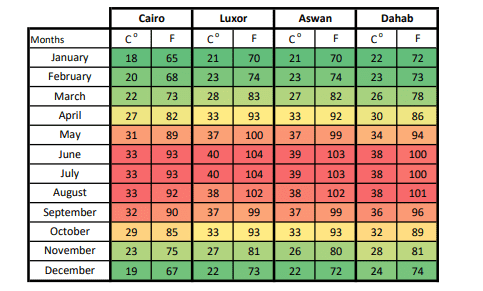
Money Matters
The local currency of Egypt is the Egyptian Pound (EGP).
Major credit and debit cards are widely accepted in major cities and tourist sites across Egypt. However, if you’re travelling off the beaten track, come prepared with a small stash of cash on hand inexpensive purchases at local markets, souqs, entrance fees or small meals. ATMs can be easily found in many places across the cities, however, are not as common in rural areas. We recommend you do not exchange bulk sums of money at the airport, as the exchange rates are usually more favourable in the major cities. Your tour leader will be happy to help if you need any assistance.
Please remember that everyone has different spending habits, some prefer to spend more on souvenirs, some on experiences and others on a night out! Make sure to budget your trip to your spending habits for shopping, drinking, and tipping.
Known as ‘Baksheesh’, tipping is a natural part of daily life and is considered part of the traditional payment structure for services in Egypt. We recommend tipping ~10% of the total bill when dining in a restaurant, if a service fee has not already been applied. You can round up the taxi fare for convenience and tip good service around the country by carrying some loose change. Your tour leader, driver and felucca crew would also appreciate this kind of traditional gratitude at the end of your tour.
It is common for group members to contribute to a “Tipping Kitty” to minimise worries regarding tipping, such that the guide may collect tips at the start of the tour for the whole group in order to avoid the hassle while adventuring throughout Egypt. “Tipping Kitty” is voluntary and does not cover tips for the tour leader or driver. We recommend to budget 5-10 USD per person per day for tipping in Egypt.
Eating & Drinking
Egyptian food combines elements of Mediterranean, Middle-Eastern and French cuisines. Egypt’s staples are bread and beans. Eating and drinking in Egypt will introduce travellers to the native foods of the country, many of which are already commonplace in Western countries – including pita bread, falafel, and hummus. We strongly recommend not to drink tap water in Egypt and to exercise caution if buying refreshments in markets and bazaars due to the uncertainty regarding the quality of water used. Bottled water and soft drinks are inexpensive and readily available across the country.
Egyptian eating habits differ from the norm with restaurants normally serving lunch between 13:00-16:00 and dinner between 20:00-24:00. Searching for unique and authentic dishes can often be overwhelming if you’re not a local, so here’s a few must-try dishes to get you started in Egypt. For more, check out our Egypt Food Guide.
Fuul: Commonly known as fava beans, Fuul is quite cheap and can be prepared in several ways including boiled or mashed with tomatoes, onions, and spices. Often served as part of a larger mezze with babaganoush, hummus and labne, this dish has a long history.
Ta’meya: Commonly known as Falafel, Taamiya is deep-fried patties of spiced green beans are crunch on the outside, soft on the inside and considered a Middle Eastern staple! Usually served in pitta bread with salads, pickles, and tahina sauce, Taamiya can be purchased at street stalls for quick, cheap meals.
Koshary: Koshary is considered one of Egypt’s most well-known dishes, consisting of pasta, rice, lentils, fried onions, beans, garlic, vinegar, chillies and smothered in tomato paste. That mix may sound strange, but it is worth a try! The dish is sold at hole-in-the-wall eateries and street carts.
Hamam Mahshi: A North African acclaimed delicacy, Hamam – roasted pigeon stuffed with cracked wheat and rice – can be found on the menu of most traditional Egyptian restaurants.
Shawarma: A popular street food, similar to the famed Greek gyros, with an Egyptian twist. Shawarma is made up of a choice of either chicken or beef marinated with Middle Eastern spices and cooked on a spit.The shaven meat is served in a wrap with tahini.
As a predominantly Muslim country, Egypt give alcohol a low profile. Most of the hotels serve alcoholic drinks, but during Ramadan some hotels may close their bars. Public drunkenness is not widely accepted however alcohol can be obtained in most places and local beers ‘Luxor’ and ‘Stella’ are worth a try! Egypt’s national beverage is tea (shai) while every main street is teeming with stand-up juice stands offering freshly squeezed banana, guava or mango juice.
Internet Access
Internet access has become increasingly common in hotels, cafes and restaurants in large Egyptian cities, however the quality of connection differs. Many internet cafes can be found in the cities as well. Make sure to enable data roaming on your mobile if you wish to use 3G/4G abroad, although the connection may be unreliable in smaller towns and rural areas. Purchasing an Egyptian SIM card for the duration of your tour may be a cost-effective option. Your guide will be happy to advise on this.
Essentials to Bring
-Face mask/cover and hand sanitiser enough for your personal use throughout the trip – See more at https://www.traveltalktours.com/safe-travels/
-Travel Documents: Passport, Visa (if required), flight or transport ticket (and photocopies)
-Travel Talk Tour Voucher (printed or digital)Travel Insurance Policy (and photocopy)
-Personal medical kit and medicine
-Money (cash, credit card, travellers’ cheques)
-Power Adapter
-Reusable water bottle
-Ear plugs and eye mask
-Sun protection – hat, sunglasses, sunscreen
-Comfortable, closed walking shoes
-Wind/water proof jacket
-Warm clothes, hat, and gloves for cold weather
-Sandals, swimwear, shorts for warm weather
Culture and Traditions
Egypt’s culture is a fusion of both ancient and modern, bound by a strong sense of community across the country. Egyptian traditions and culture stand amongst the oldest civilisations’, and can be seen through impressive sites, architecture, and artwork. Home to breath-taking monuments such as the world-famous Pyramids of Giza and Abu Simbel, the unparalleled history accumulated over millennia around the Nile is unique. Throughout Egypt, family remains the most important link in the social chain, particularly among the Bedouin of the deserts. Tourism plays a crucial role in the country and Egyptians are friendly, open to other cultures and known for showing good hospitality towards tourists. Egyptians see their country as the gateway between Western society and the rest of the Arabian world. This mixing is most apparent in major cities such as Alexandria and Cairo where international franchises and traditional eateries stand side by side in a fusion of old and new.
Religion, Etiquette and How to Dress
Religion plays a big role in the life of Egyptians, and it is intermingled with daily activities of Muslims and Christians. Approximately 90% of the population are Muslim, and the way people dress and interact with each other is largely influenced by religion – it affects many parts of societal life, is permitted by the law and life entails daily prayer. The religious holidays of Ramadan and Eid are the most significant events for Muslims. A wide array of cultural norms, including how people dress and interact with the opposite sex, are influenced as such. In traditional homes, women are largely defined by their role as a mother and matron of the house, whereas men are expected to be the provider.
As a general guideline, we recommend wearing lightweight, comfortable, loose fitting clothing and walking shoes while travelling Egypt. Please also keep in mind that when visiting religious sites, appropriate attire is required. It is recommended to pack at least one set of modest clothing that covers both shoulders and knees, to be worn when visiting mosques and other religious complexes. A headscarf for women is necessary when visiting religious complexes in Egypt.
Solo Travellers
We have many solo travellers joining our tours. Solo travellers will be roomed with another traveller of the same gender. If you would like a private solo room, please contact us. You may see out solo travels page for more details.
Rules to Follow
We are committed to ensuring a safe and enjoyable experience for everyone. We do not tolerate any form of violence (physical or verbal), bullying or harassment involving customers, partners, Travel Talk staff or locals. Sexual relationships between a tour leader and a passenger are forbidden.
We will not tolerate any illegal activity, including but not limited to: use and possession of illegal drugs, trespassing, and disrupting public order. If you consume alcohol, please ensure that you drink responsibly and follow the local laws and regulations.
You must follow the advice of your tour leader and local officials regarding health and safety measures. We operate all tours under Safe Travels protocols for the wellbeing of our passengers, staff and communities visited. Please ensure that you have read the https://www.traveltalktours.com/safe-travels/ and are fully prepared for your trip.
If someone is acting inappropriately regarding these matters, please notify your tour leader immediately or contact us on the emergency contact number provided below.
Your tour leader has the right to remove from the group anyone not abiding by these rules, with no right of compensation or refund. See more at https://www.traveltalktours.com/booking-terms/
Please remember that our travellers come from different parts of the world and will have various needs and preferences. Be understanding and patient with your fellow travellers, and always strive to be on time.
Responsible Travel
We believe that travel is a force for good and show our support through various initiatives and charity organizations, as well as keeping the principals of responsible and sustainable travel at the core of our ethos. These values are engrained in our business culture and the design of our trips just the same. Together with you, we strive to make a positive impact on local people and economies, respecting the local culture, environment, social fabric and customs; encouraging respectful and meaningful cross-cultural exchange. Read more at https://www.traveltalktours.com/responsible-travel/
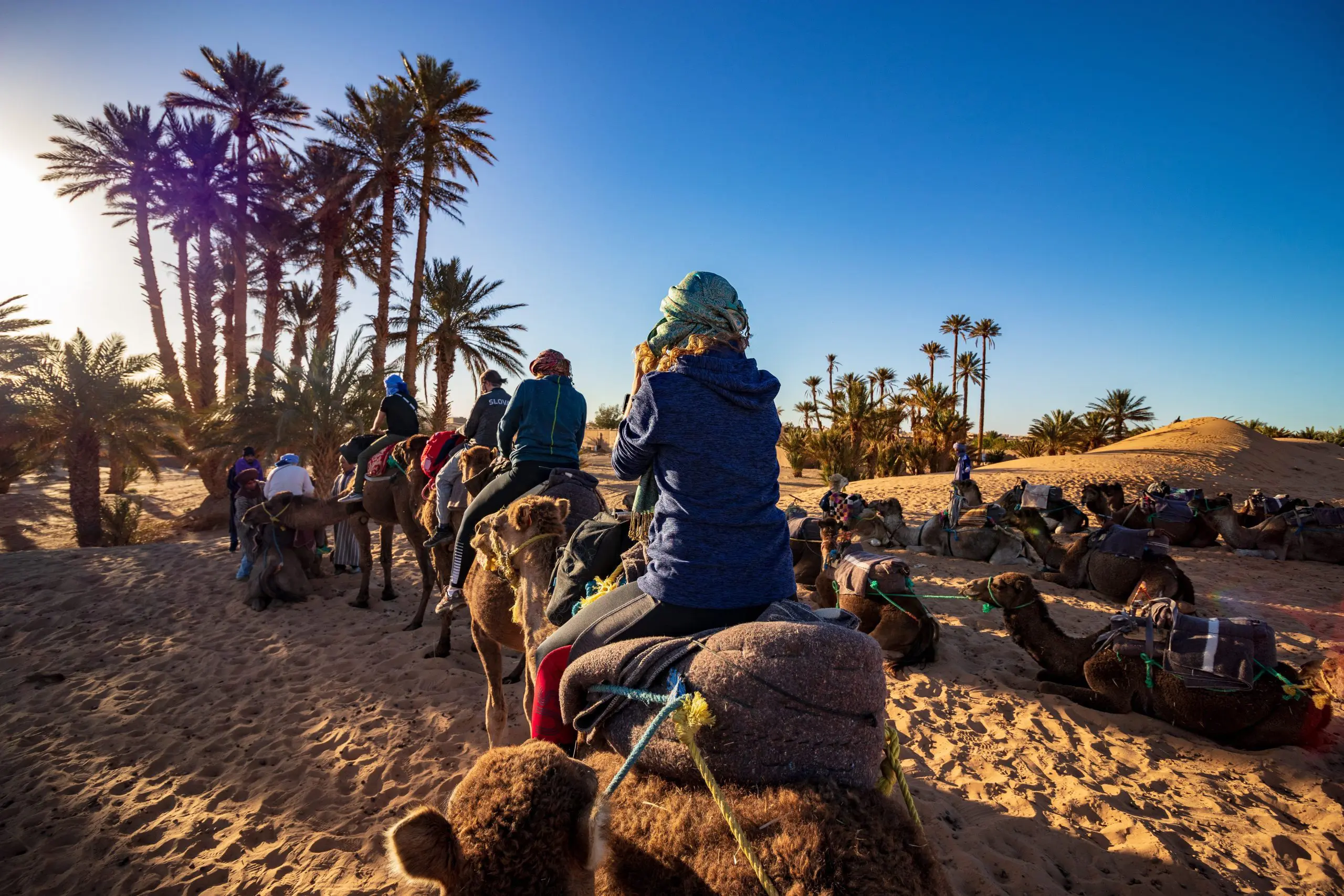 January Sale; 2 For 1
January Sale; 2 For 1  Croatia Sailing : 2 For 1
Croatia Sailing : 2 For 1 Asia Tours : 2 For 1
Asia Tours : 2 For 1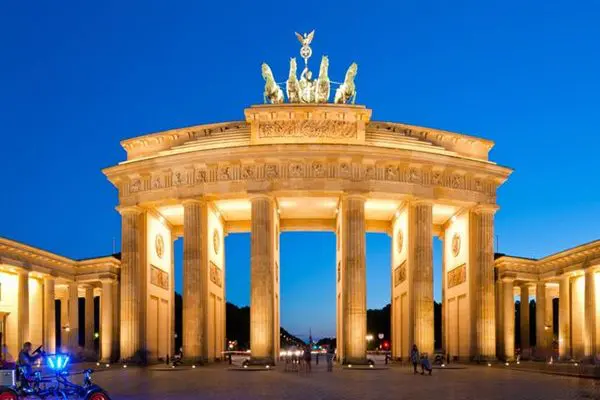 Central & Eastern Europe Tours: 2 For 1
Central & Eastern Europe Tours: 2 For 1 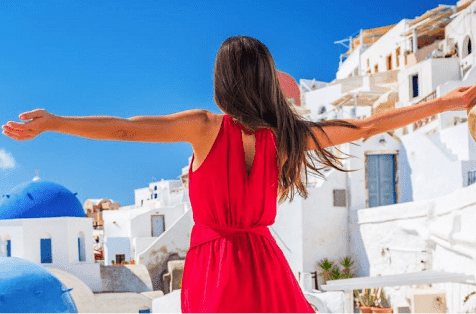 Why Travel Talk
Why Travel Talk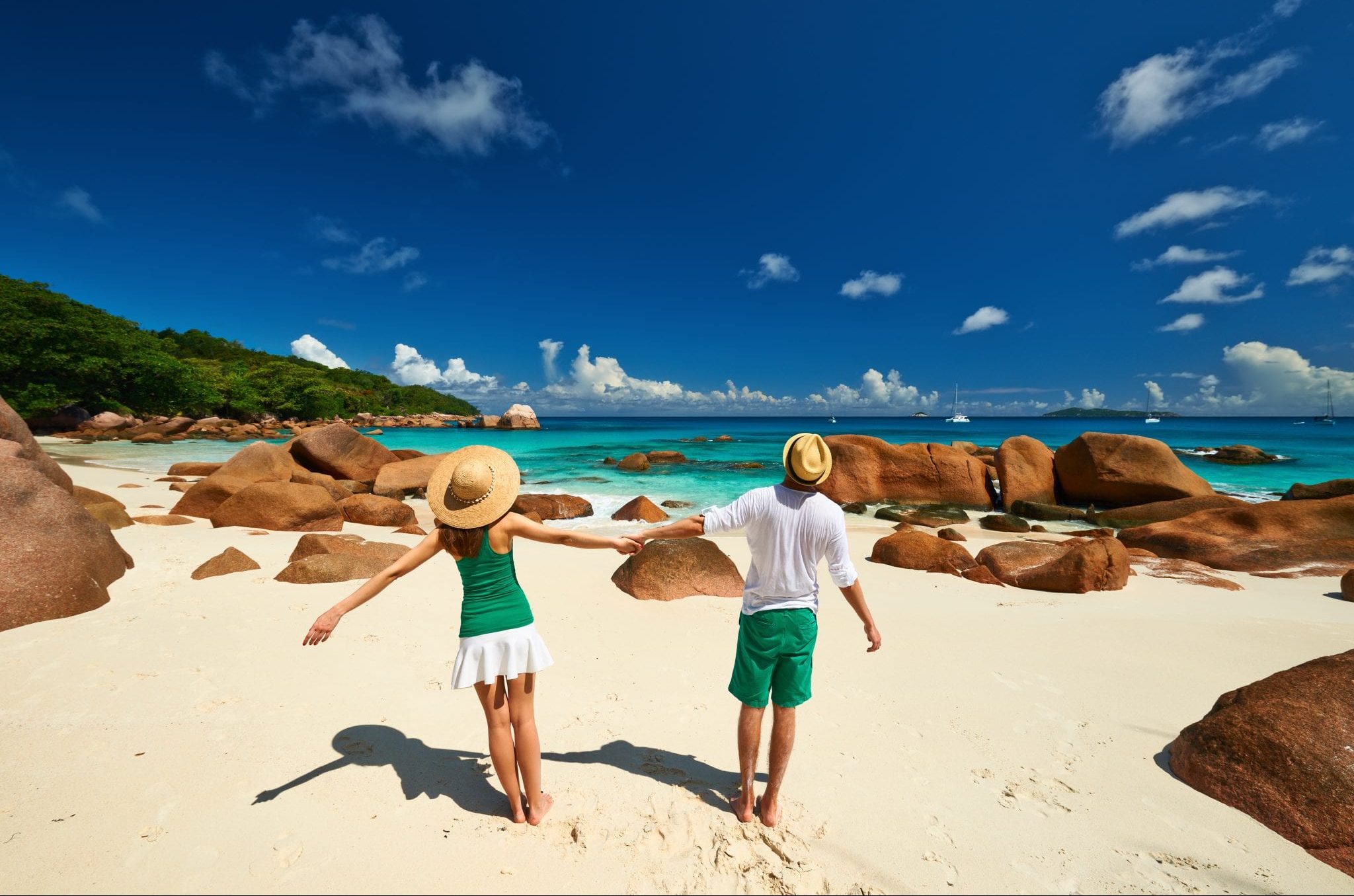 Travel Talk Blog
Travel Talk Blog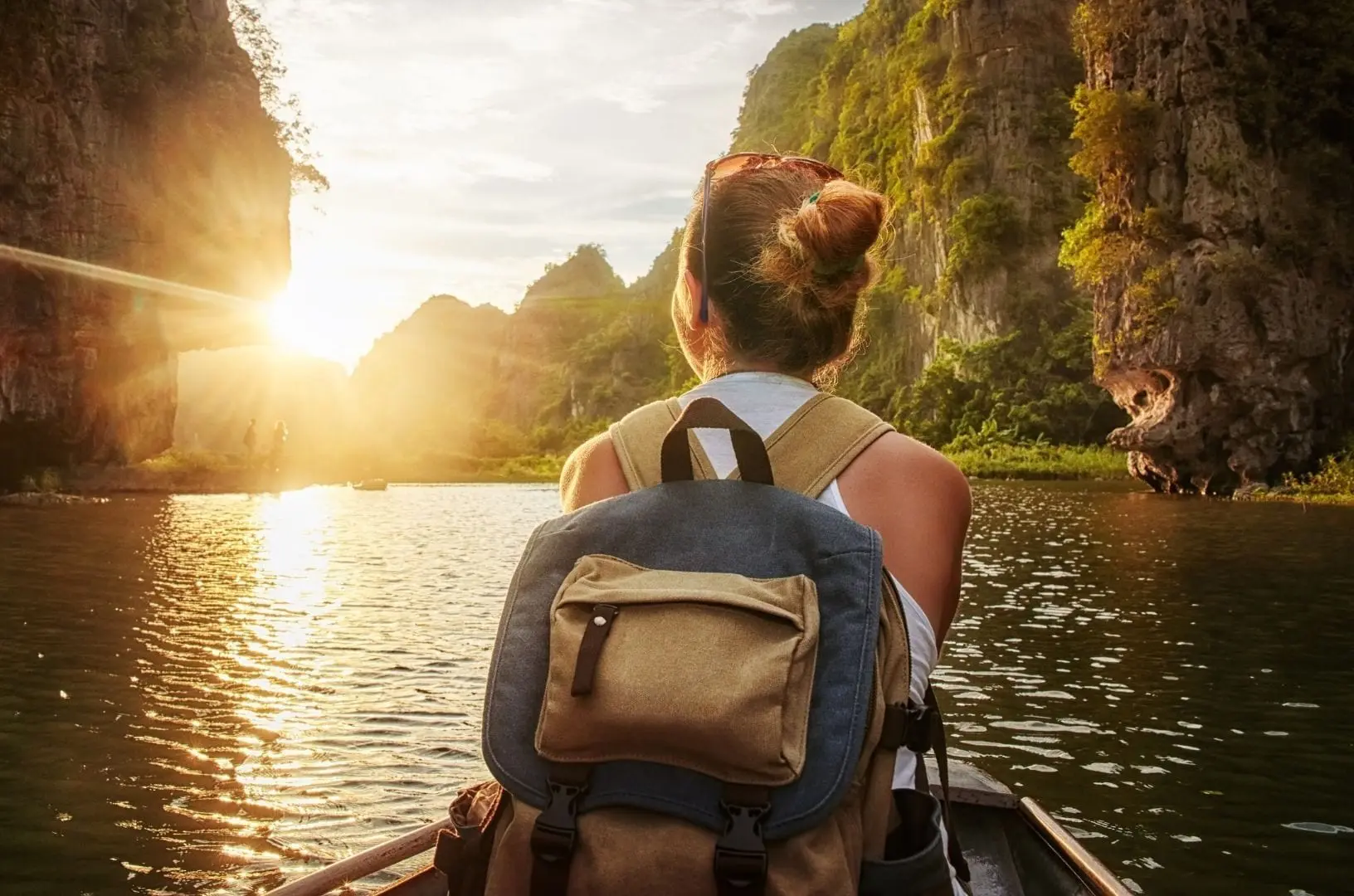 Responsible Travel
Responsible Travel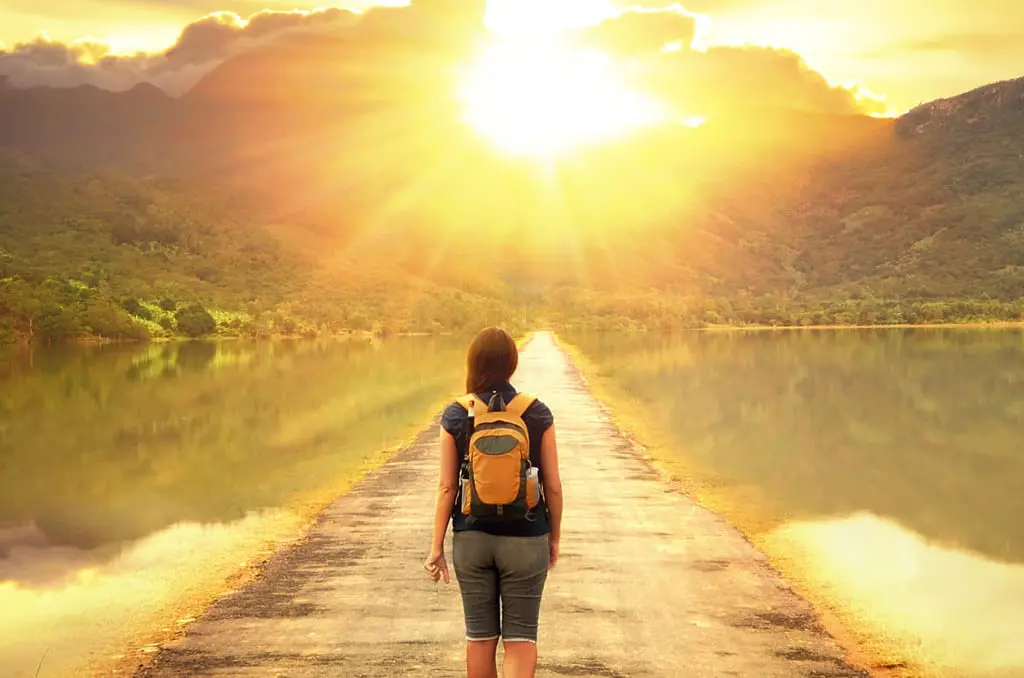 Fair Travels with Travel Talk
Fair Travels with Travel Talk